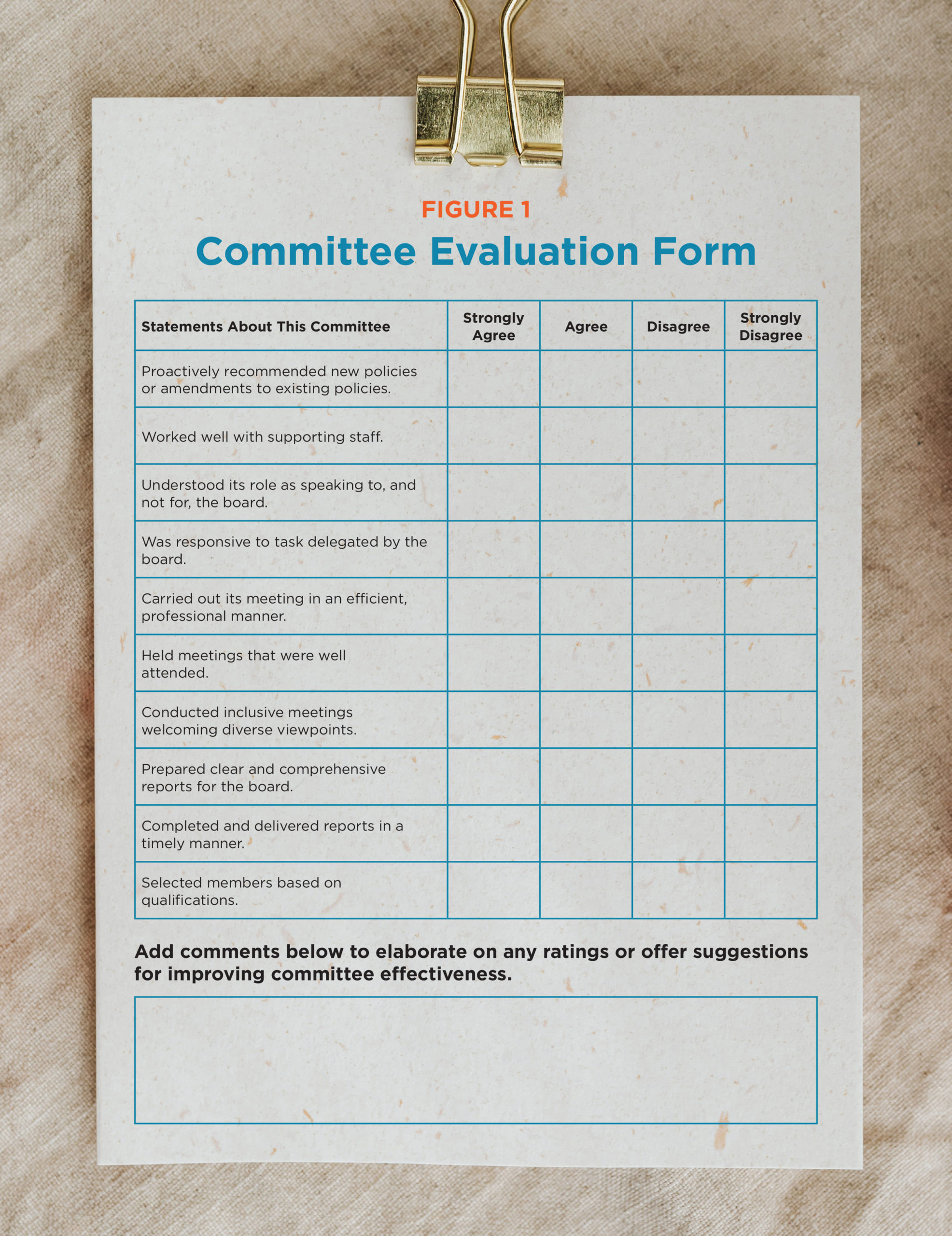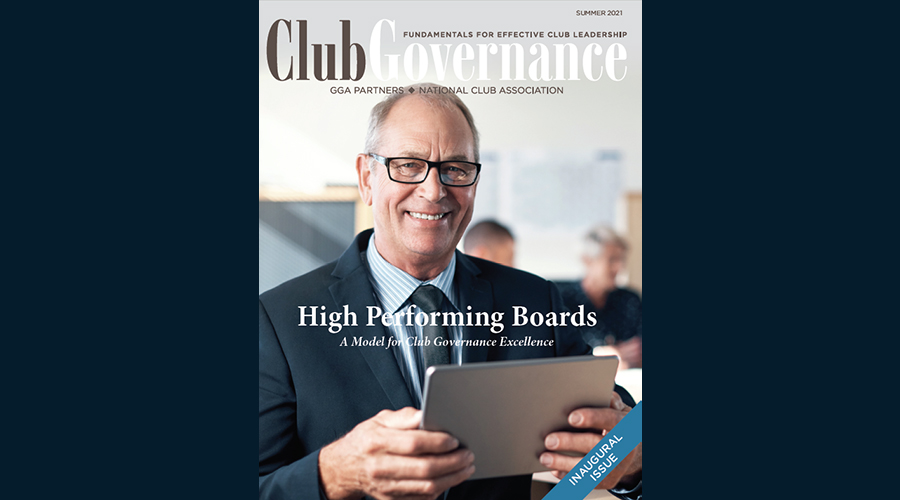Peter Drucker famously advised, “Culture eats strategy for breakfast.”
And he was correct. In a private club “culture” is governance. Club leaders do well to place themselves and their clubs at the intersection of governance and strategy. Five keys for clubs that master blending governance and strategy are shown below:
1. Be intentional. Making your club’s governance better – more trusted…more transparent…more business-like – is one of the primary goals.
Sound and trustworthy governance follows business planning that is organized, deliberate, and time oriented. In day-today parlance it is a matter of telling people what you will do and doing it to the best of your ability. Sound strategic planning for a private club involves: (a) informing members as to what the club’s leaders will do, (b) providing timely updates to inform all members, (c) adjusting to changing or emerging circumstances, and (d) executing a thorough plan that has been shared with all members.
By definition, strategic planning is a process-driven method for identifying key goals and objectives and the methods that will be used to answer the question: what?
2. Build the business case for sound governance. Show how strategy delivers and keeps your club’s members engaged, happy, and supportive. Most club members want to know several simple things: (a) what the Club stands for – as described in its mission, vision, and core values; (b) the primary goals that their board will pursue to deliver on the club’s promises; and (c) accountability by the board to the general membership for the decisions that are made with their resources if time and treasure.
“We need to decide who we want to be when we grow up.” This over-simplified statement is often the one used by club members when describing club’s which lack clearly stated and understood purpose. Club leaders do well when they can clearly state the club’s purpose.
The business case for sound governance involves reliable financial performance on which most members place great importance and the assurance that “the club will continue to be what I want it to be.” Since clubs evolve in real time, club leaders must regularly update and revise the club’s purposes to ensure that the club remains relevant to most members.
3. Set a process map and timetable. Trustworthy, transparent governance requires stating one’s intentions and reporting regularly in a time-oriented manner. Stated simply, “plan your work and work your plan.”
Process maps are everyday corporate tools which provide structure, organization, time references, and accountability. The most useful process maps used in private club settings – such as a GANTT chart – show (a) what is to be done and (b) when it is to be completed. Nothing complicated here.
Timely updates which are redundant messaging using multiple media – such as email, hard copies, and social media links – help interested members to understand how the club is being effectively governed and lead.
4. State the strategic goals clearly and simply. Best practice goal setting relies upon four to six annual strategic goals. Select the goals that will most effectively move the club forward constructively and address the club’s primary needs.
Review the difference between strategy and tactics to ensure that your club’s goals are not tactical. The operating or business plan are the place for the tactical objectives. A key to dependable governance is the board members’ ability to remain focused on the big-picture strategic goals.
5. Measure and report the board’s performance on a strategic scorecard. Demonstrating to ordinary members of the club that they board understands that it is accountable to members is a cornerstone for sound governance.
Keep score on the four to six strategic goals and update the scorecard quarterly. In addition to simple email blasts, conduct quarterly meetings with members to update them regarding strategy…and don’t be dragged into the tactical weeds with concerns of the day.
The intersection of governance and strategy defines the future success of your club.
GGA Partner Henry DeLozier penned this article for Boardroom Briefs. It appeared in the August 3, 2024 edition.








